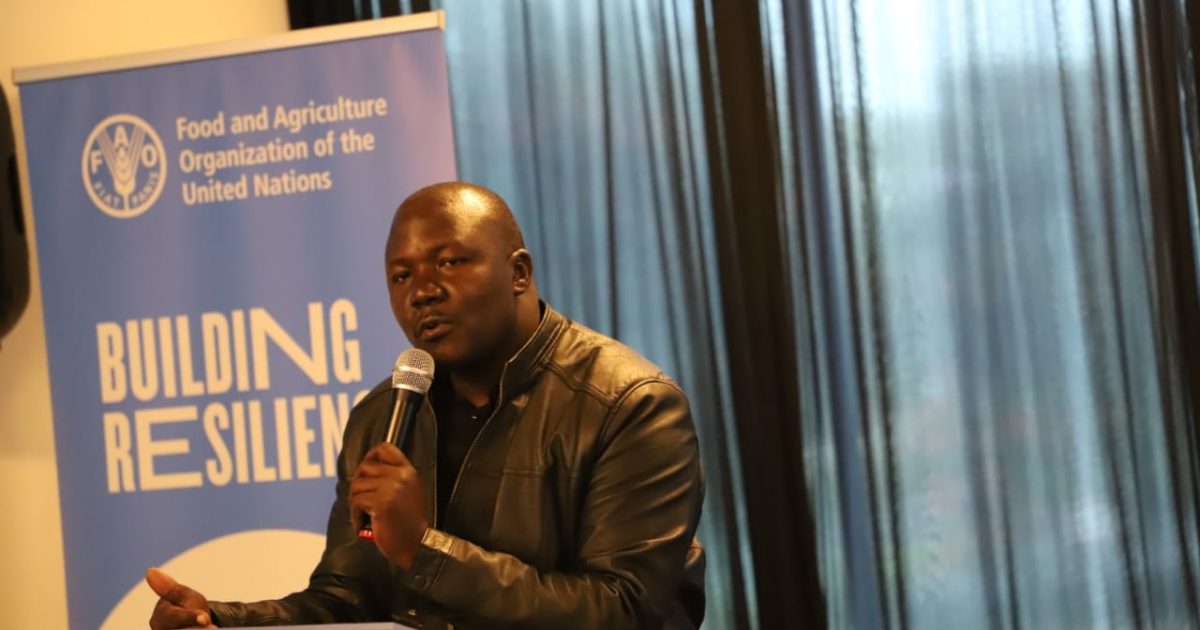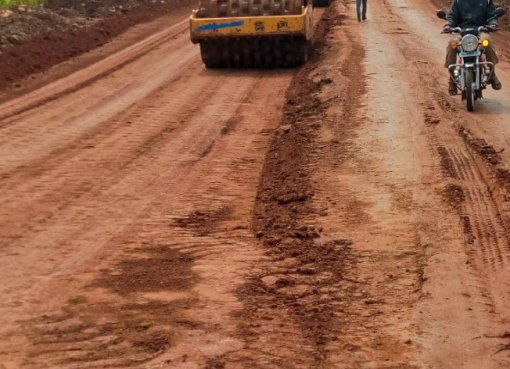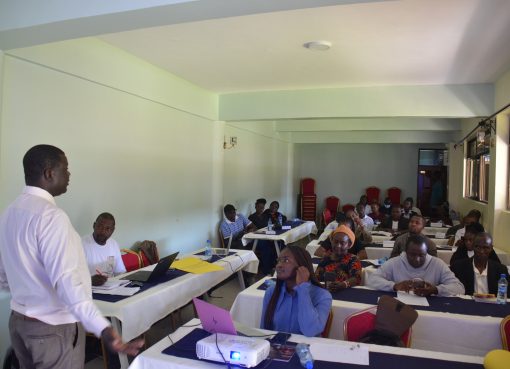Sub-Saharan Africa has been greatly affected by challenges of climate change, conflicts, hunger and malnutrition, which have profoundly impacted food security and undermined the livelihoods of millions.
The Food and Agriculture Organization (FAO) has been actively engaged in emergency interventions while simultaneously working to improve the resilience of individuals, households, and communities across the region.
One of the critical actions of the FAO is to document, disseminate, and promote the scaling up of best practices to facilitate emergency and resilience programming, integration of emergency, resilience and development work in member countries.
FAO Deputy Representative of Kenya, Hamisi Williams has said the organization will be conducting an assessment of the impact of resilience building interventions in 12 countries in Sub-Saharan Africa.
Speaking during a workshop on fine- tuning of a standardized tool for collecting data in Nairobi, Williams said the assessment will form a basis for establishing a standardized framework for the lessons learning and knowledge sharing initiative on resilience building within FAO programmes in Sub-Saharan Africa.
William said the assessment initiative will systematically capture, analyze, document and disseminate insights and best practices related to resilience building in the region.
“The initiative will equip the programme and technical lead officers from participating counties with the skills needed to design and fine tune the standardized data collection tool” he said.
He said the assessment aims to identify effective practices to be used during interventions and foster a collaborative environment for sharing experiences and knowledge to scale up resilience building efforts.
“In response to these crises, droughts, floods, and the spread of both new and recurring crop and livestock diseases and pests have further destabilized fragile societies, deepening food and nutrition insecurity” he said
He further said, the organization will develop a standardized resilience measurement data collection tool for data collection and analysis to be used by participating countries and the basis will be through priority interventions identified by the countries.
“The tool will be instrumental in assessing how FAO’s interventions have improved the livelihoods and food security of communities that are affected by various stresses and shocks,” he said.
He divulged that the process will contribute significantly to more effective resilience programming, including emergency responses to both natural and man-made disasters, alongside fostering sustainable agricultural practice.
FAO Regional Coordinator, for Sub-Saharan Africa Jacqueline Were said the regional office leads and coordinates FAO resilience work and contribute to improved preparedness for, and effective response to, food and agricultural threats and emergencies
Were said once the standardized tool has been developed it will enable households and communities to adopt better in a transformational way so that they don’t compromise building their resilience for sustainable development.
“The participants reviewed selected projects in their thematic areas in each country’s office capturing lessons learned and best practices to be considered during the assessment of the initiative” she said.
She said the assessment actions will span through the entire resilience spectrum, covering prevention, absorption, anticipation, adoption and transformation, while aligning with long-term sustainable development goals
FAO Monitoring and Evaluation specialist based in Somalia, Wakweya Yada on his part said the Resilience Index Measurement and Analysis (RIMA) has been identified as a potential tool that will inform the design of the standardized data collection tool.
“FAO has been using RIMA in different countries to estimate household resilience to food insecurity with a quantitative approach to establish a cause-effect relationship between resilience and its critical determinants” he said
Yada said to achieve this both quantitative and qualitative assessments of selected interventions using the standardized data collection and analyzing tools will be undertaken.
The Food and Agriculture Organization of the United Nations contributes to the achievement of the 2023 Agenda through FAO Strategic Framework by supporting the transformation to a more efficient, inclusive, resilient and sustainable agrifood system for better production, better nutrition, better environment and better life living no one behind.
By Anita Omwenga




